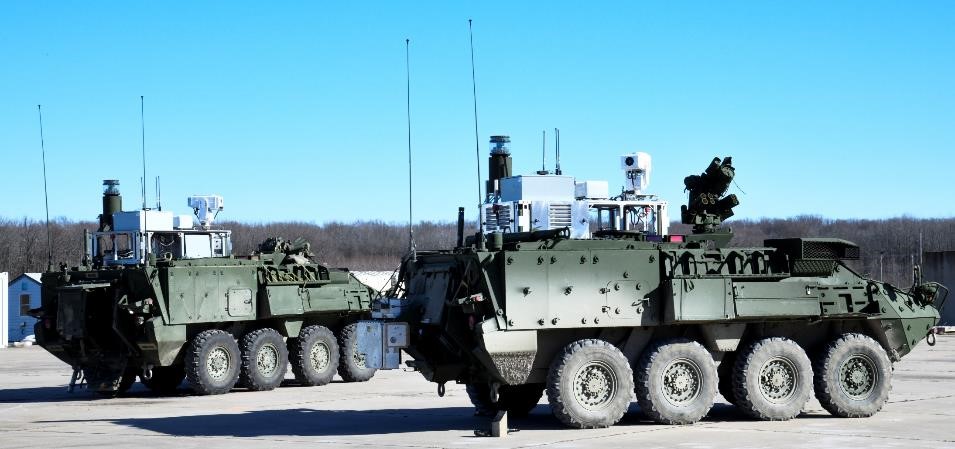Integrated Chemical Sensors and National Security
As the world’s technological landscape changes and advances, so too, must our methods of defense. In September 2001, the American way of life changed forever. Our work with chemical sensors better protects our homeland and military abroad from ever-shifting threats. MRIGlobal is a well-known entity among those in charge of protecting our national security because of our work to meet those challenges.
A call for advancements in sensor technology
In 2005, the Institute of Electrical and Electronics Engineers (IEEE) published a paper entitled “Moore’s Law in Homeland Defense: An Integrated Sensor Platform Based on Silicon Microcantilevers” by Lal A. Pinnaduwage, Hai-Feng Ji, and Thomas Thundat.
In this paper, the authors explore the need for sensors to combat terrorism. They discuss the breadth of threats posed by terrorism: explosives, chemical or biological attacks, even nuclear attacks.
“Even though sensitive detection of individual threats may be currently possible,” they wrote, “such techniques/sensor systems are bulky, expensive, and require time-consuming procedures. Also, detection of multiple threats requires the use of a variety of specialized instruments based on different technologies/sensor platforms.”
They argue that an ideal homeland defense would require a robust sensor system capable of detecting multiple threats. It should be deployable anywhere and come with a software system that simplifies the gathering, analyzing, and sharing of data.
An answer to that call
Fifteen years later, MRIGlobal stands as the industry expert in sensor integration and software development for a variety of national defense purposes. We have developed products that interface with chemical, biological, radiological, nuclear, and explosive (CBRNE) sensors to provide real-time reconnaissance and surveillance data.
Our development of systems integration for these ultra-sensitive chemical sensors provides increased safety to our armed forces. One example of this is our role as the Software System Integrator for the Nuclear Biological Chemical Reconnaissance Vehicle (NBCRV) Sensor Suite Upgrade Program. Whether on manned or unmanned ground or air vehicles, an integrated system of sensors can pick up real-time information and translate it into usable data on the spot.
Members of our software integration team were awarded by the Joint Program Executive Office for Chemical, Biological, Radiological and Nuclear Defense (JPEO-CBRND) for their work on the system.
Here for your chemical sensor needs
MRIGlobal is a world leader in technology and science, with a history of strong partnerships with government agencies, commercial businesses, and academic institutions. View our certifications for more.
To learn more about working with MRIGlobal on system integration needs for chemical sensors, use our Project Quote Tool or contact us to learn more.

